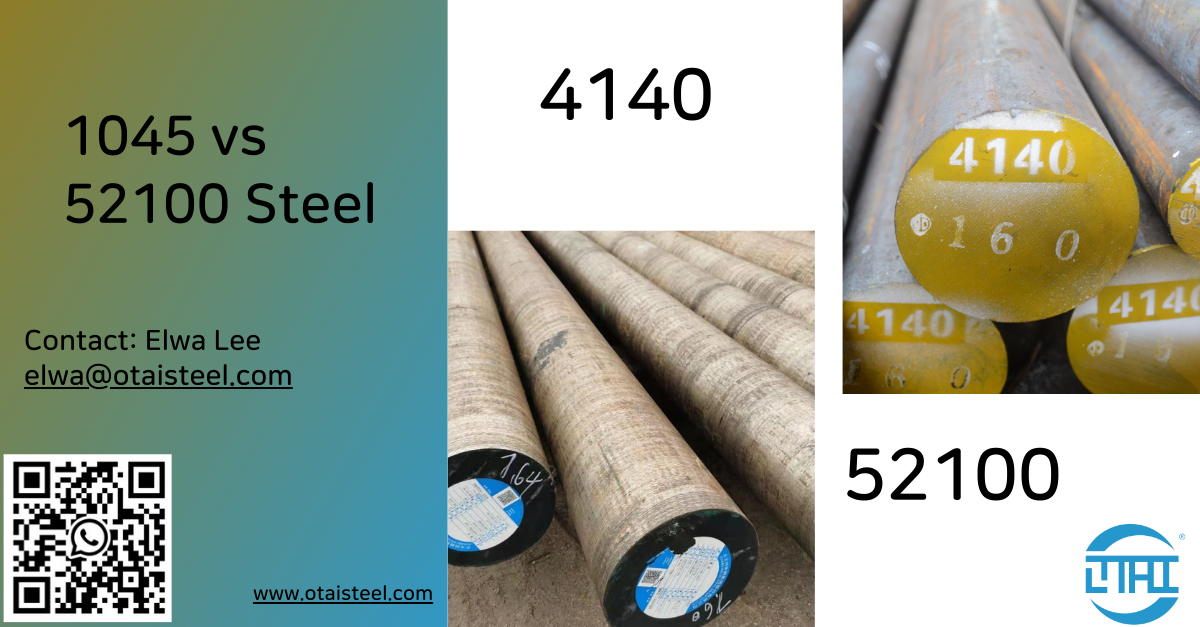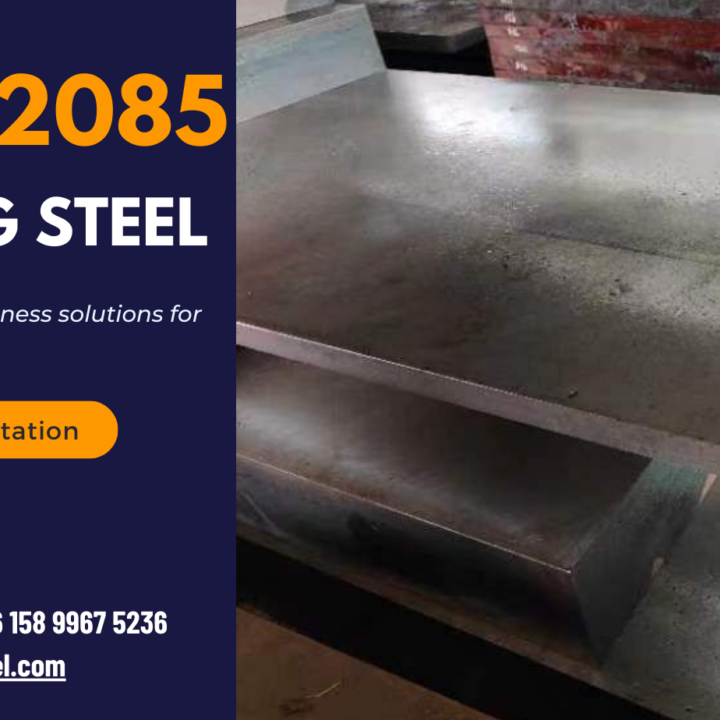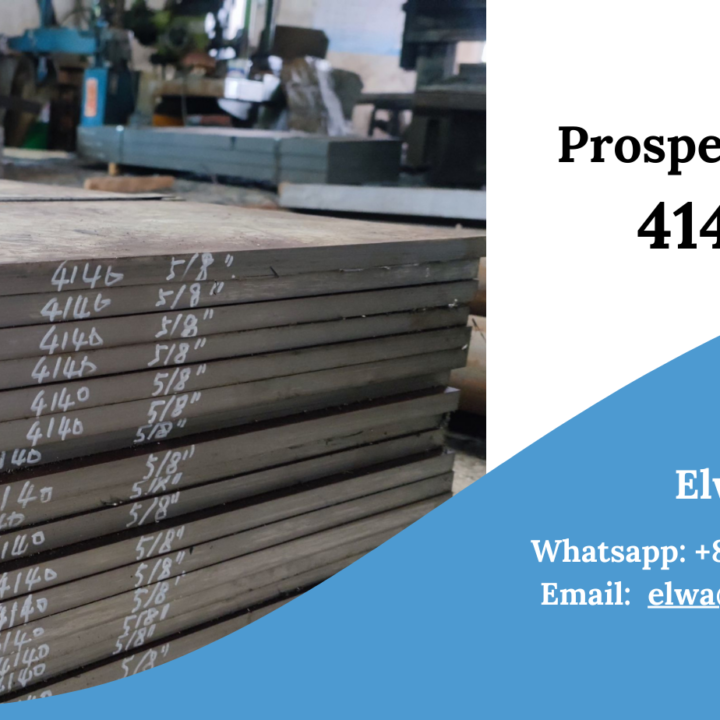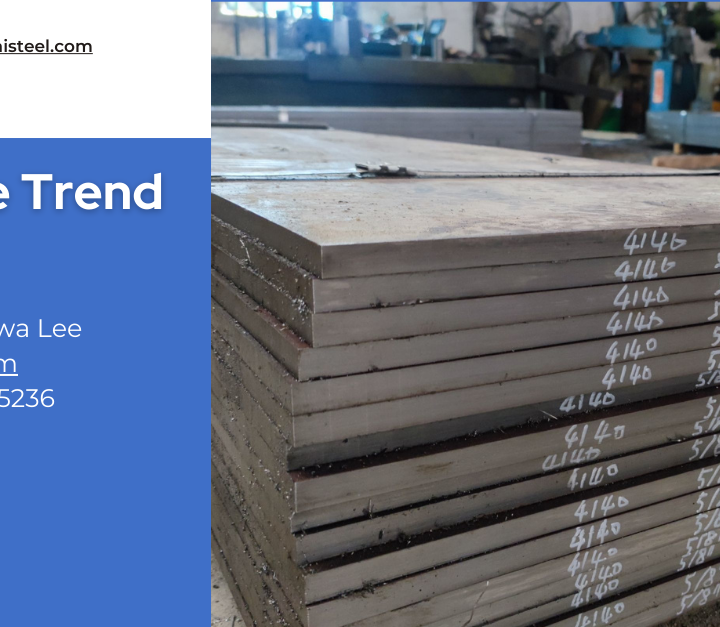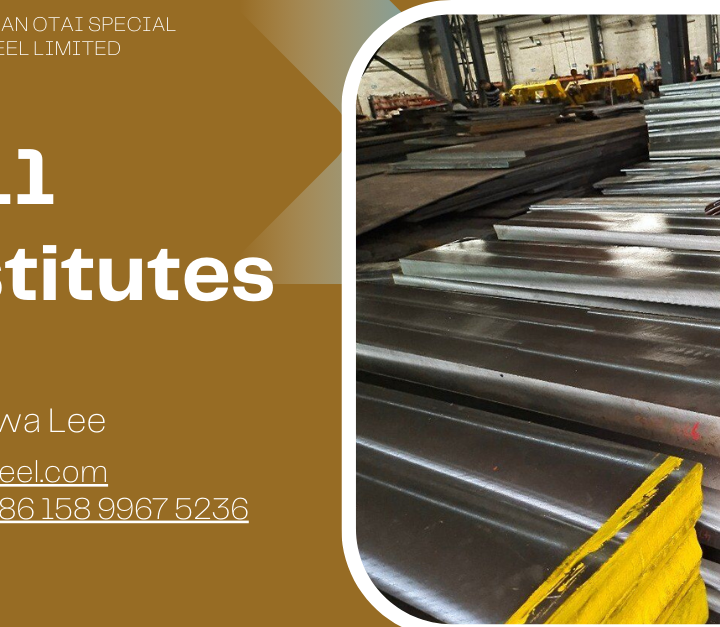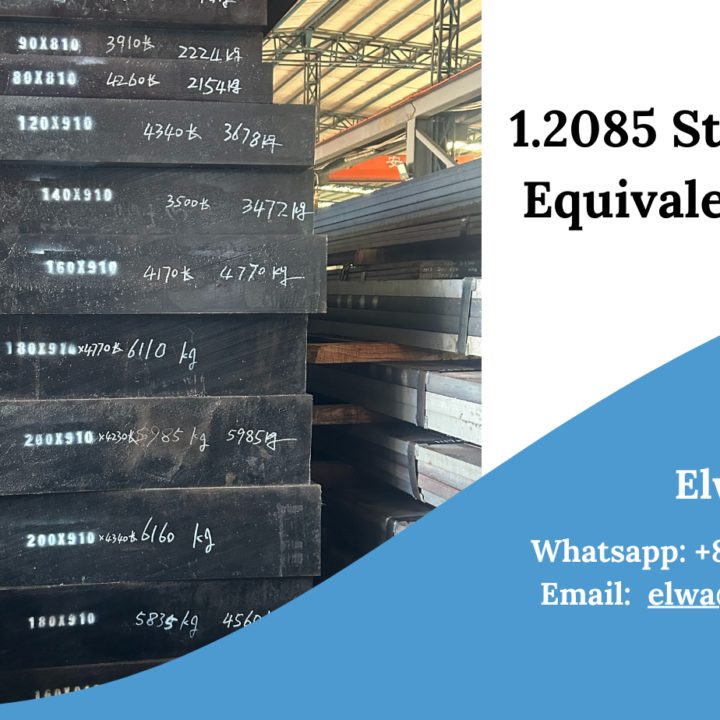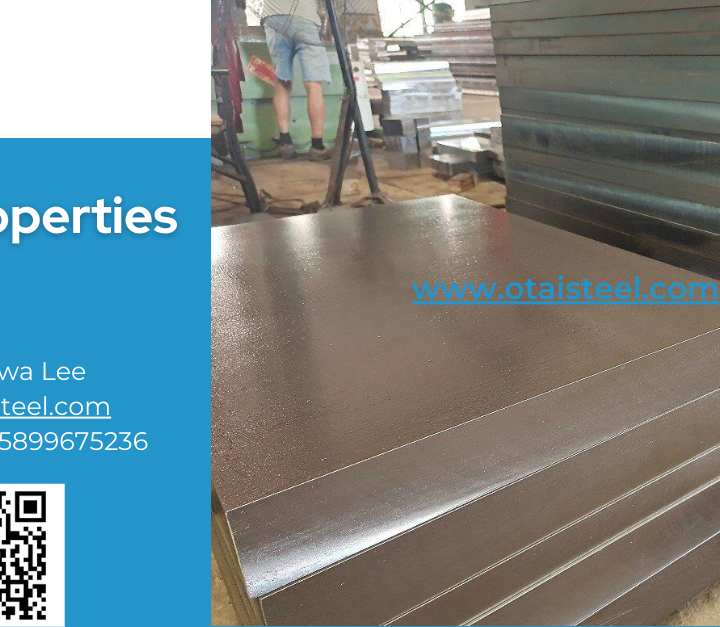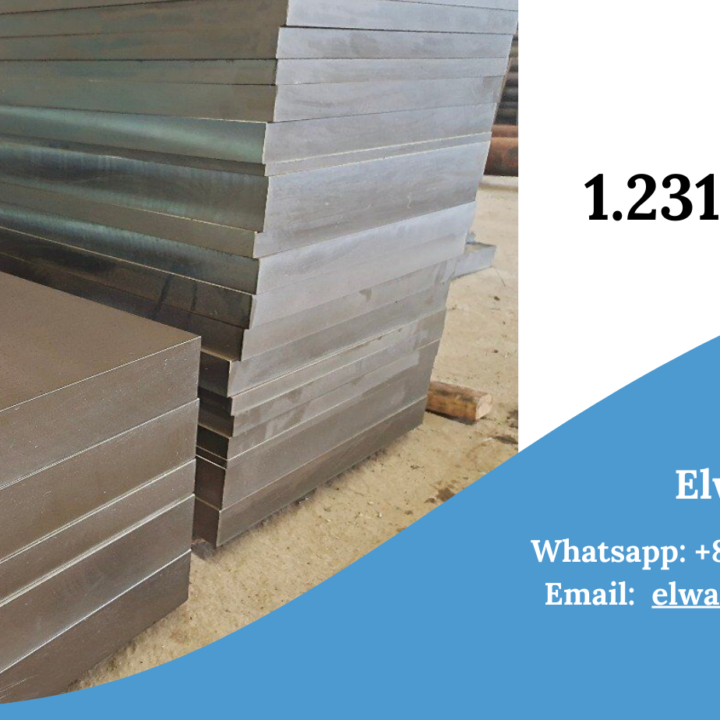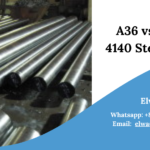The choice of steel is a critical decision in various industries, from manufacturing to engineering and beyond. Two popular steel grades, 4140 and 52100, offer distinct sets of properties and advantages, making them suitable for different applications. In this artical. we will delve into the characteristics, strengths, and weaknesses of 4140 and 52100 steel. By the end of this article, you’ll have a clear understanding of when and where each steel type is best suited.
Understanding 4140 Steel
Properties:
4140 steel, also known as AISI 4140, is a versatile alloy steel renowned for its exceptional properties:
Strength: 4140 steel boasts high tensile strength, making it suitable for applications where robust and durable materials are required.
Toughness: It is well-known for its toughness, allowing it to withstand substantial impact loads without fracturing.
Wear Resistance: 4140 steel exhibits good wear resistance, which is crucial in applications with abrasive conditions.
Machinability: It is relatively easy to machine, making it suitable for various manufacturing processes.
Weldability: While welding 4140 steel can be challenging, it is possible with proper techniques. Post-weld heat treatment is often necessary to restore the material’s properties.
Understanding 52100 Steel
52100 steel, also known as AISI 52100, is a high carbon, chromium alloy steel with distinctive properties:
Wear Resistance: 52100 steel is renowned for its exceptional wear resistance, making it a prime choice for bearing and bushing applications.
Hardness: It can achieve high levels of hardness through heat treatment, enhancing its suitability for high-stress applications.
Fatigue Resistance: 52100 steel exhibits excellent fatigue resistance, making it an ideal material for components subjected to repeated loading.
Machinability: While it is generally more challenging to machine than 4140 steel, it can be machined effectively with the right techniques.
Comparative Analysis
Now, let’s compare 4140 and 52100 steel based on several key factors:
Strength:
- 4140 Steel: 4140 steel offers high tensile strength and toughness, making it suitable for applications with significant stress and load requirements.
- 52100 Steel: While 52100 steel is strong, it may not match the tensile strength of 4140 steel. It excels in wear resistance but may not be as versatile in high-stress applications.
Wear Resistance:
- 4140 Steel: It exhibits good wear resistance but may not match the exceptional wear resistance of 52100 steel.
- 52100 Steel: 52100 steel is well-known for its outstanding wear resistance, particularly in bearing applications.
Toughness:
- 4140 Steel: 4140 steel is known for its toughness, making it ideal for applications where durability and impact resistance are crucial.
- 52100 Steel: While tough, 52100 steel may be more brittle compared to 4140 steel, making it less suited for high-impact applications.
Corrosion Resistance:
- 4140 Steel: 4140 steel is not as corrosion-resistant as stainless steel, requiring proper care and maintenance to prevent corrosion.
- 52100 Steel: 52100 steel’s corrosion resistance is generally lower than that of 4140 steel, which can limit its use in corrosive environments.
Machinability:
- 4140 Steel: 4140 steel is relatively easy to machine, making it versatile for various manufacturing processes.
- 52100 Steel: While more challenging to machine than 4140 steel, it can still be effectively machined with proper techniques.
Applications:
- 4140 Steel: 4140 steel finds applications in gears, aerospace components, automotive parts, and general machinery.
- 52100 Steel: 52100 steel excels in bearing and bushing applications, precision instruments, and tools.
Conclusion
In conclusion, both 4140 and 52100 steel offer unique properties and advantages, making them suitable for distinct applications. The choice between them should be based on the specific requirements of your project. When you need high strength, toughness, and versatility, 4140 steel is an excellent choice. However, if wear resistance and hardness are paramount, 52100 steel is the material of choice. Understanding the properties, strengths, and weaknesses of each steel type is crucial for selecting the one that best meets your project’s needs.
